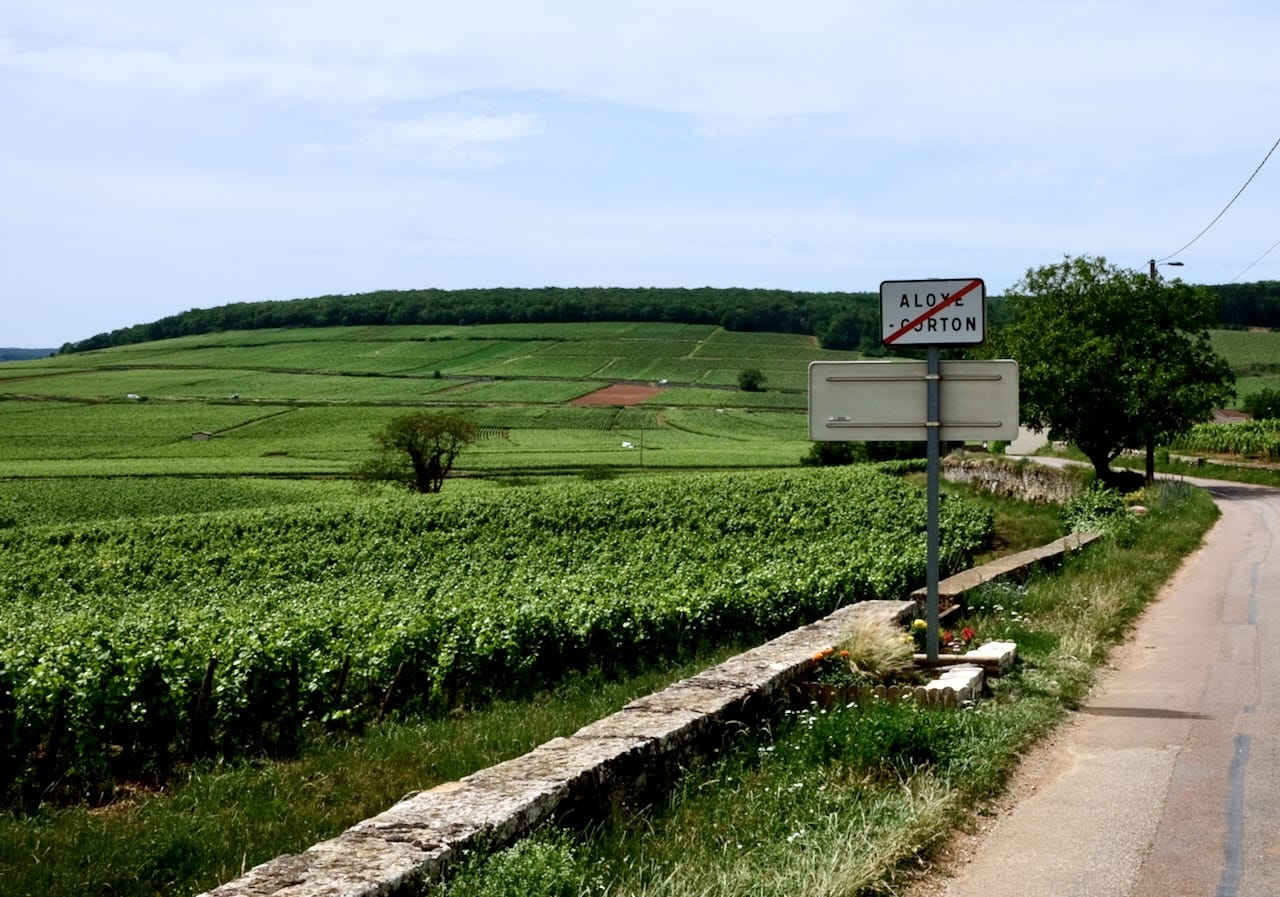Pinot Noir’s Linguistic Tropes
The lexicon of Pinot noir is a case study in cliché
I recently returned from Oxford University, where I participated in the inaugural Pinot noir and Identity Symposium. The event, a culmination of four years of planning by the organizing committee, convened academics, independent researchers, and passionate wine advocates for three days of discussion about this characterful grape.
My presentation and paper—unsurprisingly for anyone who knows my research interests—considered the evolving vocabularies of Pinot noir. In particular, I looked at how our representations of Pinot noir exemplify the shift, over the last half-century, from considerations of wine’s intrinsic nature toward its experiential properties—from “what is this wine about?” to “what is this wine about to me?”
Early twentieth-century wine writing was largely evaluative, the writer rendering judgments and delivering pronouncements based on domain expertise. As the century wore on, the writing became more descriptive, blooming with flavor and aroma analogies and leaning into wine’s hedonic impact.
Pinot noir is a good exemplar of that shift in discourse partly because it is so much discussed. There’s substantial verbiage produced about Burgundy, of course, but Pinot has wandered around the globe, inspiring myriad commentators in the diaspora. And because the grape has a broad expressive range, the writing can also consider a vast diversity of wines, still and sparkling, expensive and cheap, red, rosé, and “blanc.”
Over time some linguistic tropes have emerged. We see them everywhere in the literature, whether the writing’s about Chambolle-Musigny or Meiomi. Here are a few:
Pinot noir is feminine. Gendered metaphors are always troubling, and this one drags in connotations of shyness, delicacy, even fragility. On the other hand, I found examples of Burgundy producers describing their wines as masculine, assertive, violent, and savage.
Pinot noir is elegant, seductive, sublime. Let’s throw expensive onto the pile. Perhaps some Pinots read like that, but for consumers of supermarket brands it’s functionally just Pinot, a reliably fruity, not-too-tannic partner for whatever else is on the table.
Pinot noir is sensitive. This is perhaps the most ubiquitous trope, stemming in part from the grape’s physiological properties, its thin skin leading to rot and other calamities. But the grape’s genetic fecundity and adaptivity have allowed it to thrive not only in native Burgundy but also California, Oregon, New Zealand, Germany, Japan, and beyond. Instead of sensitive it might be better characterized as cunningly adaptable, even robust.
The point is that writers can easily easy to fall into the trap of repeating, even amplifying, these clichés. Perhaps we can acknowledge the cinder of truth on which some are based. But if we want to advance the discourse, we should think creatively about what we believe Pinot noir is and can be, then put that into our own words.
Ed. note: A version of this essay was originally published in The Circular.




I assume no small mention of the English candy shop nose? Way back in the ’70s, we “verbally” analyzed this in my classroom and my prof conjectured that it came from light bent thru the rolled glass and aging, changing the sucrose molecules and provoking subtle Maillard reactions. Specifically how this equated to Pinot’s evolution of this same joie de nez, we never really understood beyond some blips of chromatographic evidence.
I enjoy Shakespearean theatrical productions. But I have to do two things, re-adjust my brain to listen to that style of speaking English and pay attention to the overall story. The first takes a bit of time (if it’s been a minute) at the expense of the other. Who talks like that anymore?
Wine descriptors get edited, simplified and reduced to the number of characters in a Twitter feed and a point score on the neck of a bottle in a grocery store. Some of the reason these terms get amplified and repeated is lazy writing.
A pinot gets a big score, competing wineries simply use the same or similar words to describe their Pinot, to ‘grab that lightning’! Why recreate the wheel, right?
In large tastings, I can be accused of using the term ‘elegant’, ‘refined’, ‘soft’ to quickly describe my own wines. Why? To draw out the Pinot, Cab or Zin Bro quickly and with ease. Chances are they won’t like my wine and if they do, I’ve managed expectations off the top; I’m not the alcoholic, fruit and oak bomb next door, but if you want that, please go next door.
In other markets and where it’s appropriate, I can up my game and my vocabulary to describe the grapes and the wines. Using a word like ‘fecundity’ or a phrase like ‘cunningly adaptable’ or ‘cinder of truth’ are perfect for certain events and markets, but certainly not most of the places I pour and sell wine. Shakespeare isn’t for everyone either.